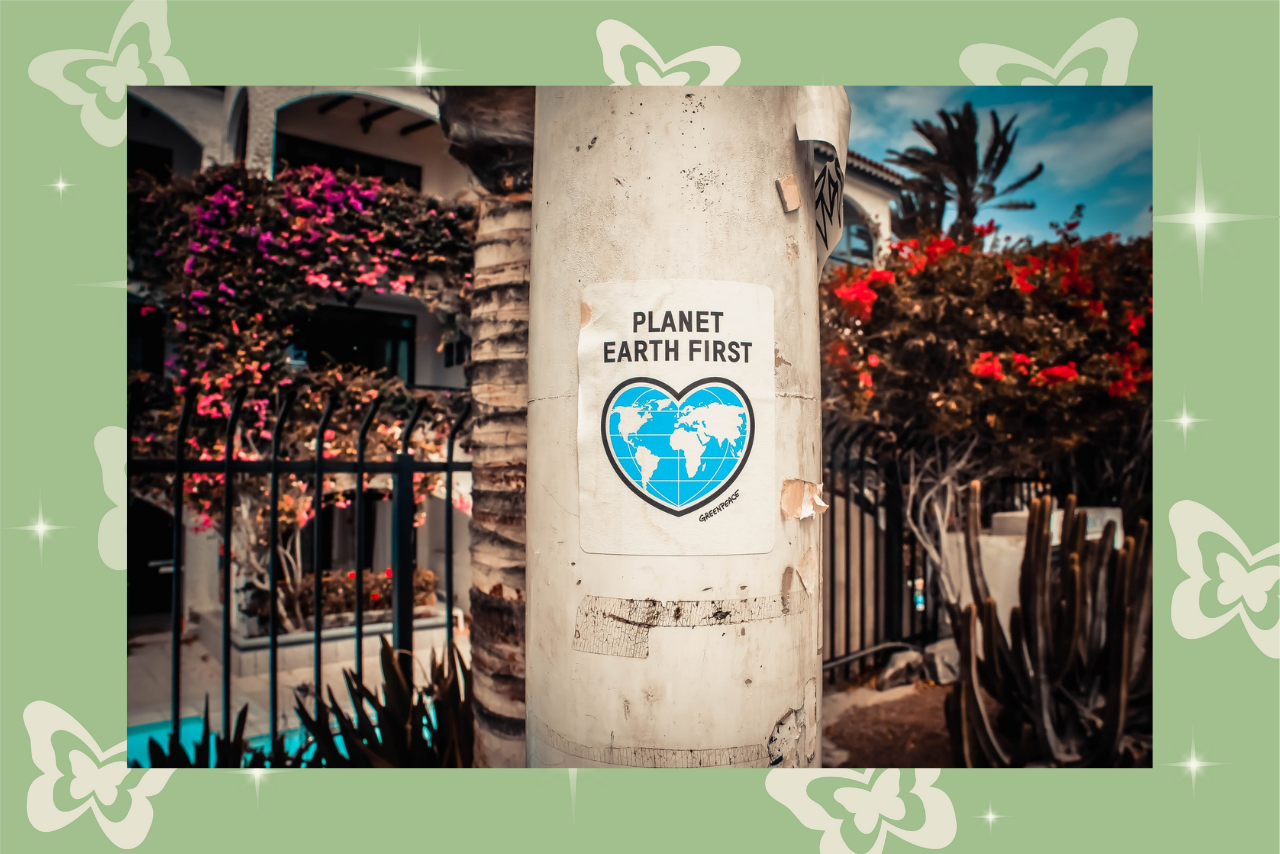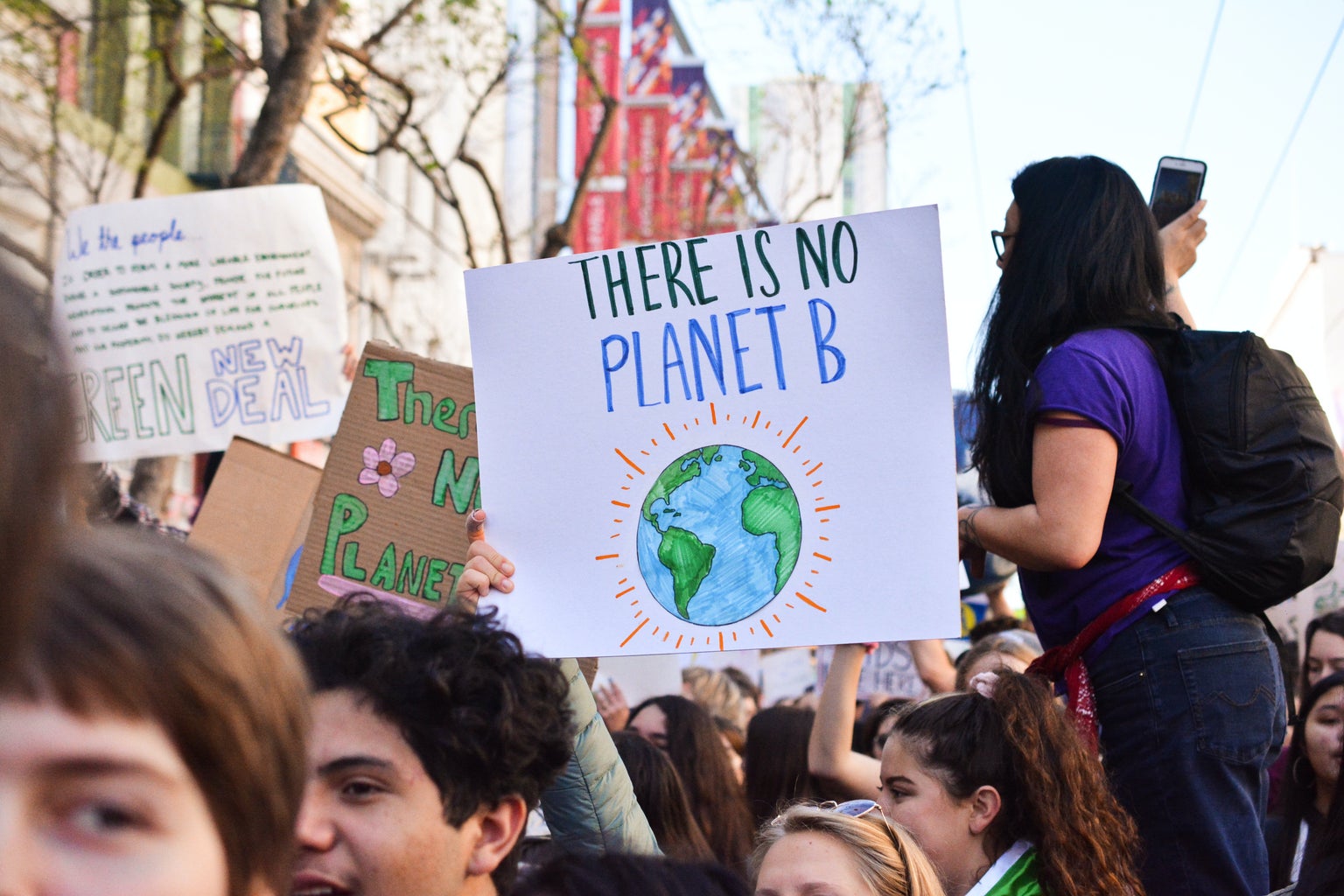In the wake of the imminent threat that is global warming, major corporations are scrambling to become socially responsible as humanity is inching closer and closer to its environmental doomsday. This social responsibility includes efforts towards sustainability initiatives, in part to keep a hands-clean reputation. Although a corporation’s sustainability efforts may not be completely altruistic in nature, they still play a factor in making substantial change due to their large influence and capital.
Take UCSB for example: It is no secret that the UC system as a whole operates as a business, but because of the unique moral standards that higher education “businesses” — if you will — are held to, there is a responsibility to uphold certain values that align with their educational mission. A letter from the President of the University of California, Michael V. Drake explains this calling to make lasting change declared that “we also saw the potential for rapid and effective climate action as elected officials, institutions and communities came together around shared goals.”
The UC system has taken some pretty notable actions against the climate crisis. In the 2022 Annual Report on Sustainable Practices (UCOP), it is highlighted that the University of California system(UC) banded with California State University (CSU) to set forth the K-12 Environmental and Climate Change Literacy Projects Initiative. The UC system also pioneered a Center for Climate, Health, and Equity across all UC campuses. Among the comprehensive list of progress, it is also stated that “UC received $185 million from the State of California for climate action research.”
UC Santa Barbara, as an individual entity, does a pretty good job of being proactive about the climate crisis. UCSB begins its sustainability initiative by tracking its progress in a way that “addresses environmental, social and economic dimensions of sustainability” through the STARS Reports feature of the Association for the Advancement of Sustainability in Higher Education (AASHE).
A pinnacle of UCSB’s sustainability efforts came in 2015 when Chancellor Yang pledged and signed off on UCSB’s adherence to carbon neutrality by 2025. According to UCSB Sustainability Department, after joining the UC Clean Power Program in July of 2020., UCSB’s main campus “is now powered by carbon-free electricity, dropping the campus’s operational greenhouse gas emissions by 50%.”after joining the UC Clean Power Program in July of 2020. This is a huge leap in the right direction, as greenhouse gasses are the culprits of global warming due to the heat they trap in the Earth’s atmosphere.
The initiative for Carbon Neutrality by 2025 has since been put up for replacement by an updated (and pending) draft of UC’s Climate Policy that proposes trading the carbon neutrality goal with “goals of direct decarbonization of campus Greenhouse gas emissions that do not allow use of voluntary carbon offsets.” To achieve this according to the “Summary of Proposed Policy Revision” in the 2023-02 Climate Protection Policy, the policy will require that the money that would have been prior allocated to “voluntary carbon offsets” be put towards “direct decarbonization efforts.”
In addition to these efforts, UCSB’s employment of an environmental powerhouse and trailblazer, Professor Ken Hiltner, has pushed the campus further in its fight against the climate crisis. Hiltner offers three courses popular among students: English 22 Introduction to Literature and the Environment, English 23 The Climate Crisis, and English 24 The Climate Crisis: Local and Global Perspectives.
These courses take an anthropogenic and cultural approach to the climate crisis and have provided environmental education and awareness that has spread like a wildfire across the UCSB campus. Being that it is not a requirement to be an Environmental Studies major to enroll in these courses, it is implicitly encouraged not to be (to promote optimal spread of content to other majors,) these classes are fundamental to the huge environmentally active student body at UCSB. Hiltner has proven to be a force of nature with his rallying of the many students that take his classes. All types of majors take his seminars due to the sheer popularity, digestibility and importance of the content matter he teaches that has made immeasurable change on campus.
Hiltner is also currently serving as the interim co-chair of the Chancellor’s Campus Sustainability Committee (CSC) which “advises the Chancellor and campus administrators on matters of campus sustainability, makes recommendations on sustainability initiatives, helps prioritize and monitor the execution and progress of the campus sustainability plan toward our goals…” The committee serves as a “blueprint” for the entire campus efforts towards promoting the fight against climate change.
UCSB has been integral to the UC establishment’s effort to move towards a constantly-improving climate action initiative. As a campus, UCSB has been committed to it’s undertaking of improving sustainability and fighting climate change. Along with the social and moral responsibility that comes with being a massively influential institution on the west coast is the real potential to make profound change. If it continues to improve upon its efforts, UCSB might do just that.




